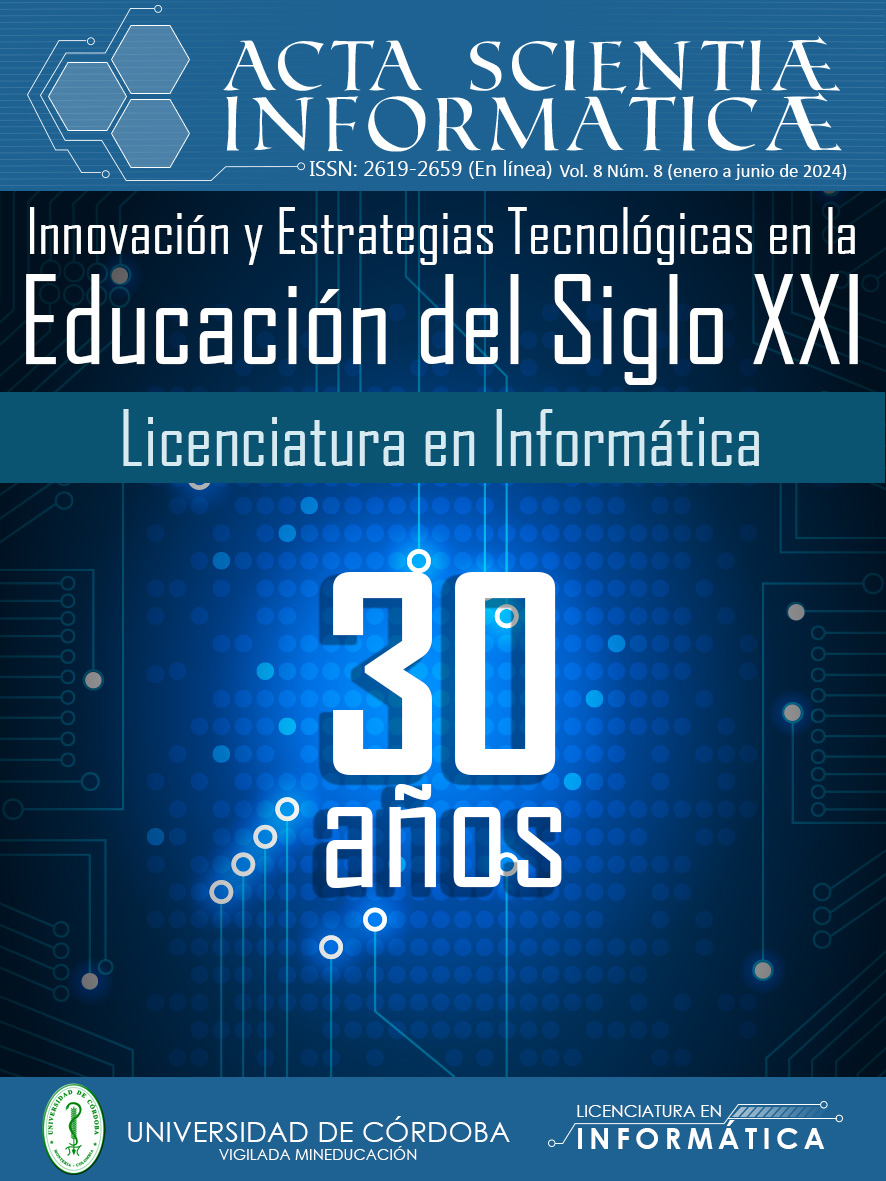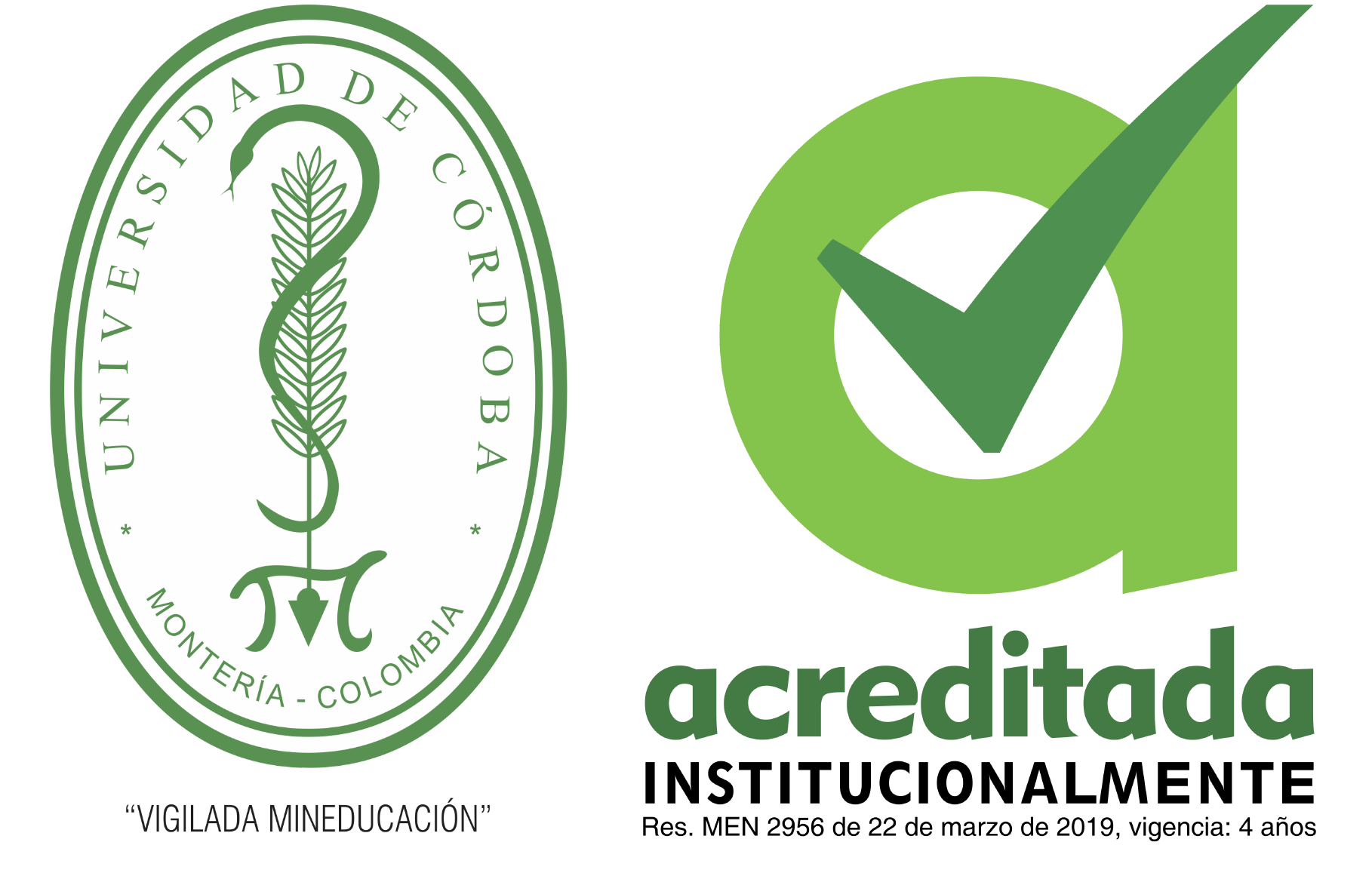FORMACIÓN DE DOCENTES DE BÁSICA PRIMARIA EN LA CREACIÓN DE RECURSOS EDUCATIVOS DIGITALES: INTEGRANDO LAS TIC A TRAVÉS DEL DISEÑO DE PRESENTACIONES ANIMADAS
FORMACIÓN DE DOCENTES DE BÁSICA PRIMARIA EN LA CREACIÓN DE RECURSOS EDUCATIVOS DIGITALES: INTEGRANDO LAS TIC A TRAVÉS DEL DISEÑO DE PRESENTACIONES ANIMADAS
Show authors biography
The effective integration of technology in the educational process is essential to improve the quality of teaching. However, many teachers face challenges when trying to adopt educational technologies due to lack of specialized knowledge. The research carried out to mitigate this problem aimed to strengthen teaching and learning processes by promoting the integration of Information and Communication Technologies (ICT) in the educational context through the implementation of a training strategy for the development of digital educational resources, specifically animated presentations, aimed at primary school teachers of the educational institution Camilo Torres Mi Amiguito in Monteria, Colombia, who expressed these training needs. The results obtained showed that the training of teachers in the creation of digital educational resources contributes to the improvement of educational quality. The resources designed by the teachers themselves are better adapted to the specific needs of the students, leading to meaningful and relevant learning. In addition, the teachers participating in the study acquired the technological skills necessary to continue the process of designing resources that promote a more effective and dynamic teaching and learning process. The research underscores the need to offer teacher training programs specialized in the creation of digital educational resources, as well as to promote a culture of updating. In this way, progress can be made towards a quality education that prepares students to face the challenges of the 21st century.
Article visits 122 | PDF visits
Downloads
- Avila Mestra, L y Oviedo Tapia, C. (2022). Transformación digital en la educación: retos y desafíos 2011-2021.
- Duarte, N. (2012). HBR guide to persuasive presentations. Boston, Mass: Harvard Business Review Press.
- Sampieri & Mendoza (2018) Metodología de la investigación. Las rutas cuantitativa, cualitativa y mixta. McGraw Hill Education.
- Sampieri & Mendoza (2018) Metodología de la investigación. Las rutas cuantitativa, cualitativa y mixta. McGraw Hill Education, pp 200.
- Hernández-Sampieri, R. & Mendoza, C (2018). Metodología de la investigación. Las rutas cuantitativa, cualitativa y mixta, Ciudad de México, México: Editorial Mc Graw Hill Education.
- Trujillo, F. (2015). Aprendizaje Basado en Proyecto. Infantil, primaria y secundaria, Ministerio de Educación, Cultura y Deporte.
- Taquez, Rengifo y Mejía. (2017). Diseño de un instrumento para evaluar el nivel de uso y apropiación de las TIC en una institución de educación superior. Recursos de innovación en educación | Portal Educativo de las Américas. https://recursos.educoas.org/sites/default/files/5030.pdf
- Vera, F. (2020). La importancia del proceso de enseñanza-aprendizaje y la evaluación diágnostica.
- Gómez-Benito, J., Hidalgo, M. D., & Guilera, G. (2010). El sesgo de los instrumentos de medición. tests justos. Papeles del Psicólogo, 31(1), 75-84.
- Trujillo, F. (2016). Aprendizaje Basado en Proyecto. Infantil, primaria y secundaria, Ministerio de Educación, Cultura y Deporte.


